Include the Circular Economy in the relationship with the company’s suppliers on Circular Sourcing, in relation with the JAC (Joint Audit Corporation)

Terms of the action or commitment
Levers mobilized for circular economy (according to Ademe)
Implementation timeline
Starting year
2016
Ending year
2025
Main actors mobilized
Internal actors
CSR-Purchasing- Legal Department- Network- Salesmen
External actors
Ellen MacArthur Foundation
JAC: Association of 23 operators
Geographic area
Group and countries
Photo / Video
2022 follow-up of the action
Date of follow-up
24/05/2022
Methods of validation of the follow-up
Internal Group and Countries and audit by KPMG
Status of the action
In progress
Completed
a) Results
Achieved
Partially achieved
Not achieved
b) Numerical / Qualitative information
Cancelled
Explanations
Comparison with the projected pace in the last publications
Keeping up with the times
In advance
Delayed
- Setting up a guide with compliance criteria with suppliers to monitor the progress of the company’s procurement circularity
To reduce scope 3 emissions, the circular economy is an important part of the solution. The group is taking action on the other part of scope 3 with its main suppliers, via the International Telecommunication Union, the GSMA and the JAC (Joint Alliance for CSR). Orange works with equipment suppliers to promote recertification when choosing suppliers. Orange benefits from the leverage of its partnerships with BuyIn and the JAC.
- The Joint Alliance for CSR
Orange also contributes to the development of these standards through the Joint Alliance for CSR (jac-initiative.com), an association of telecom operators (23 to date) whose aim is to monitor, evaluate and develop the implementation of CSR principles by global suppliers in the ICT sector. Since 2018, JAC has been increasing the effectiveness of its work through an accreditation programme for suppliers trained in its on-site audit methodology. JAC also collaborates with other Institutions (ITU, BSR, CDP, RMI, GSMA) to complement its requirements on other CSR priorities such as climate change, circular economy, traceability of minerals from human rights and environmental friendly sources.
- BuyIn
BuyIn is the joint company created by Orange and Deutsche Telekom in 2011 to bundle the strategic purchasing of the two international groups. This company controls the evaluations of these suppliers during calls for tender. The CSR recommendation used for this selection is based on the score of the reference partner used by Orange, the results of the Joint Alliance for CSR (JAC) on-site audits, as well as observations by its own CSR experts. BuyIn redefines its risk map by purchasing category each year and then conducts a targeted assessment of each high-risk category, as well as the largest contracts, in accordance with its code of conduct developed with Orange and Deutsche Telekom. In effect, BuyIn ensures that each contracted supplier has a score above the benchmark score defined in our external partner’s tool, or implements a corrective action plan specific to those suppliers to enable them to reach the set standard. Orange is creating this alliance to have leverage on suppliers to purchase refurbished equipment.
Orange, as an active member of the GSMA organization, participated in the development of the strategy document for the circular economy in the telecoms sector. This document aims to address the key challenges facing the industry in relation to network equipment, which will help move the industry towards greater circularity. The GSMA plays an extremely important role in the development of the mobile industry, uniting the world behind a standard technology and ensuring seamless and interoperable mobile services for billions of consumers around the world.
- ITU
L.1023 is an ITU global sector objective, which presents a methodology for identifying the circularity of an information and communication technology (ICT) asset in three dimensions via three groups of circular design guidelines (CDGs). Orange, as an active member of the ITU organization, participated in the development of the above standard. As part of a major initiative on ICT, environment and climate change, ITU is developing new standards to improve the sector’s energy efficiency, to further the implementation of circular economy principles in the sector and to assess the sector’s performance in relation to the Paris Agreement targets. Orange initiated the launch of a new working group on the revision of the L.1410 standard with a particular focus on the environmental footprint of refurbished equipment. Orange also encouraged the creation of a working group on simplified life cycle assessments to facilitate the adoption of LCA practices by equipment suppliers.

